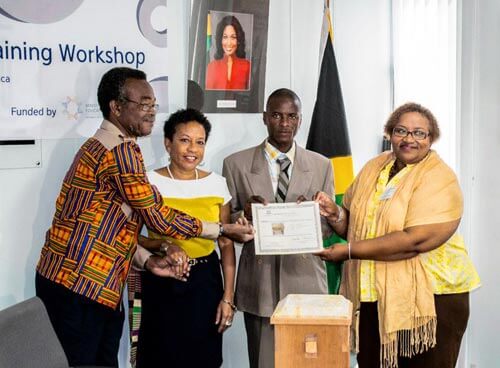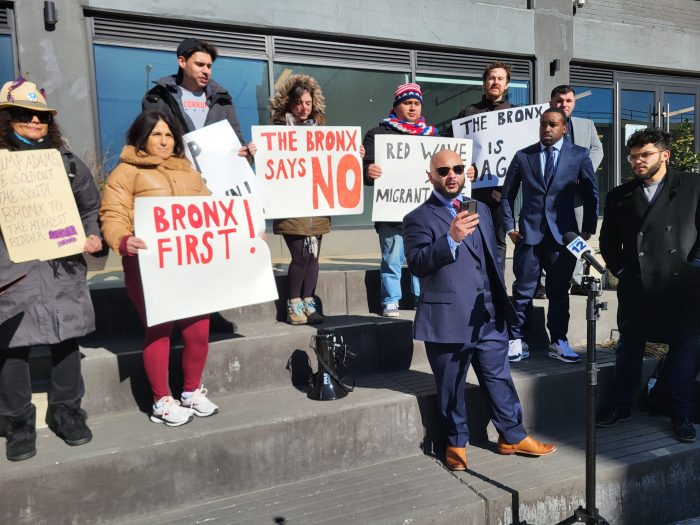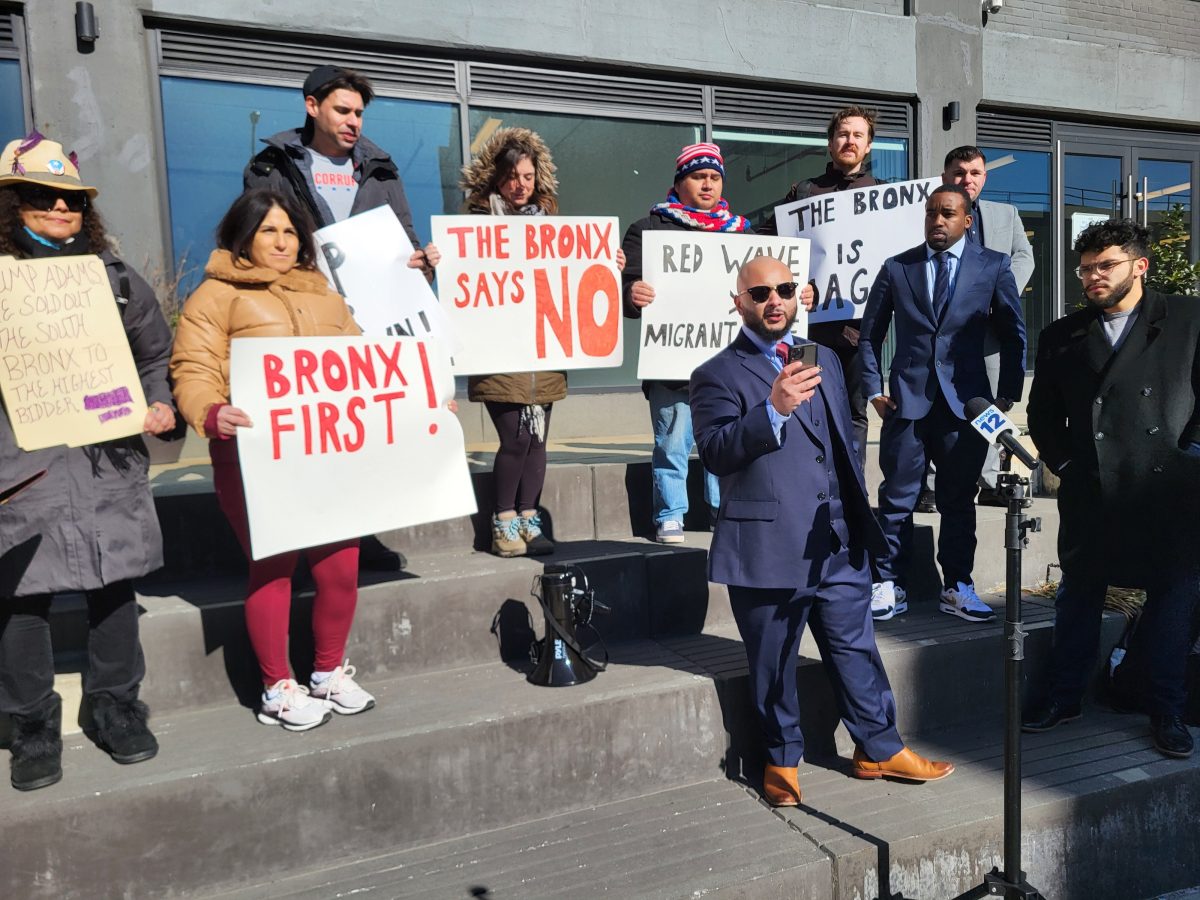A group of Maroons in Jamaica are the winners of a United Nations’ award of excellence for the outstanding Bench Drum submission they entered in the handicraft category judged in the Dutch and English-speaking Caribbean region.
The Charles Town Maroon Council beat out 26 entrants to win the United Nations Educational Scientific and Cultural Organization (UNESCO) award of excellence.
A statement from the three member jury that met in Curaçao to evaluate the entries from numerous countries said the African instrument was chosen “for its craftsmanship and cultural content.”
The drum is “a standalone object that talks about music using noble materials such as local woods and goat skin,” the jurors said.
They noted that in addition to providing rhythm, the use of the drum in spiritual rituals is significant in calling on the African ancestors.
Colonel Frank Lumsden, the head of the Charles Town Maroon community, explained that the drum was designed to resemble a bench so that the ancestors could “hide it in the open” from the colonizers who had forbidden the use of the drums.
Maroons in Jamaica claim ancestry in Ghana, Africa where the bench drum is an integral instrument attributed to victories by the Ashanti people over the British invaders.
Highlighting the national value of the international honor Secretary-General of the Jamaica National Commission for UNESCO Everton Hannam said the award “aims to ensure that when consumers buy awarded handicrafts they receive high quality, culturally authentic products that have been manufactured in a socially-responsible manner with respect for the environment.”
According to the spokesperson for UNESCO, the award for handicrafts was established to “encourage artisans to produce handicrafts using traditional skills, patterns, and themes in an innovative way in order to ensure the continuity and sustainability of these traditions and skills.”
Based in Paris, France with more than 50 field offices located throughout the world, UNESCO is an agency within the United Nations that is responsible for promoting peace, social justice, human rights, and international security through international cooperation on educational, science and cultural programs.

























